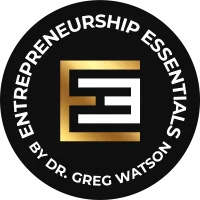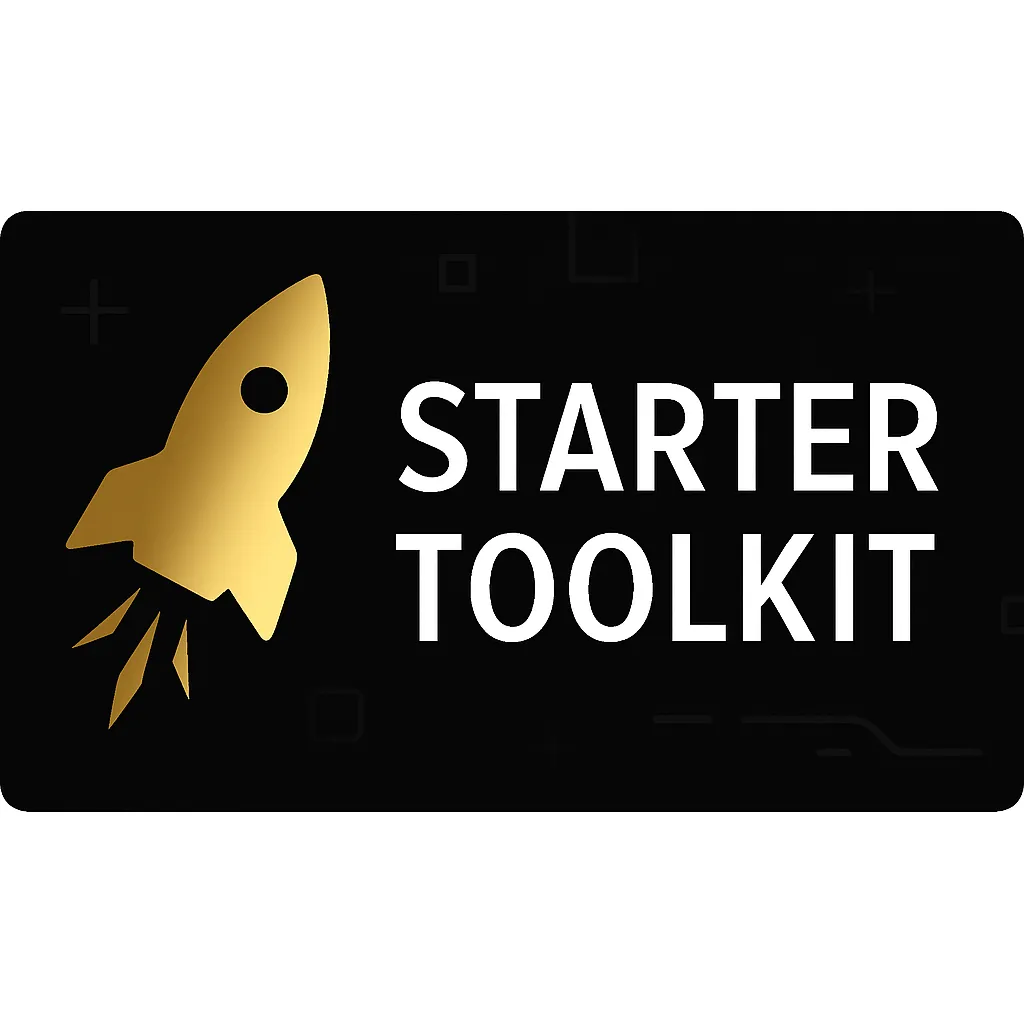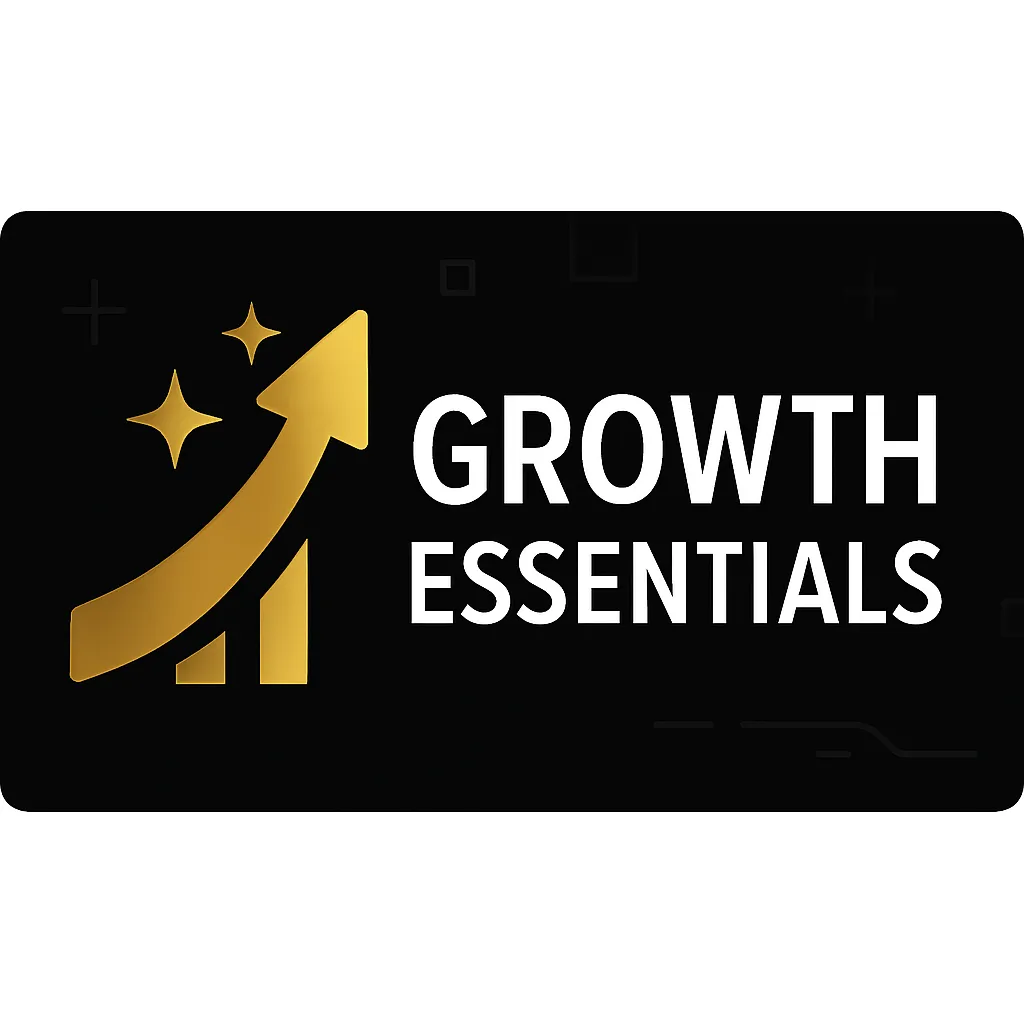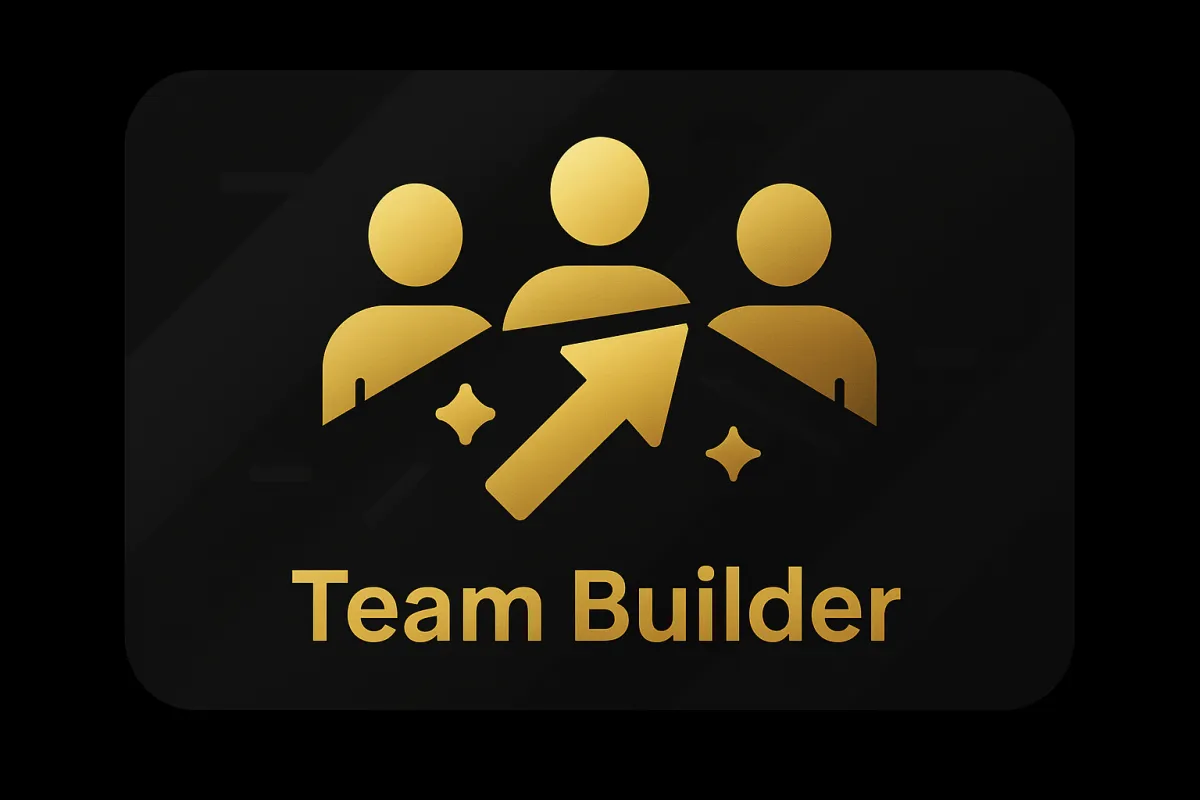New Venture Development - Raising Equity
Bootstrapping – raising equity – venture capital – prototyping – to launch

What is rapid prototyping? What is blocking you from launching your idea?
Ideate (Innovate), Build, Launch, Compete,, and Scale …
Everyone gets stuck – New Venture Essentials is for Entrepreneurs and Innovators who need a systemic process to lead them to launch … most of our students and clients breeze through the sections that their skill set has already mastered, and then slow down and deep dive into the areas where they need or want a little help.
Five Stages to Launch ...
Corporate Innovation and Corporate Entrepreneurship
It's simple, effective, and helps you take your business to the next level!

Bootstrapping
Our strategic Bootstrapping Strategy Workshop and consulting is designed to guide entrepreneurs through the nuances of self-funding their startups, emphasizing resourcefulness and cost-effective methods in the early stages of business growth. This workshop focuses on teaching innovative financial strategies, from minimizing operational costs to maximizing internal cash flow, crucial for sustaining a startup without significant external funding. Participants will learn how to leverage existing resources, build revenue through early-stage customer engagement, and strategically reinvest earnings, setting a strong foundation for scalable and sustainable growth in their entrepreneurial ventures.

Venture Finance
Our strategic Venture Capital Strategy Workshop and consulting offers a deep dive into navigating the complex world of venture capital financing for startups, tailored for entrepreneurs aiming for rapid growth and scalability. This workshop provides insights into crafting compelling pitches, understanding the expectations of venture capitalists, and negotiating favorable terms that align with long-term business goals. Participants will gain valuable skills in identifying the right investors, effectively communicating their business's value proposition, and strategically managing investor relationships to fuel their startup's journey from early-stage to a high-growth enterprise.

Prototyping - Go To Market
Our strategic Rapid Prototyping Workshop and consulting is designed to accelerate the process of bringing a product to market, focusing on customer validation and iterative development in a startup environment. This hands-on workshop teaches entrepreneurs how to quickly create and refine prototypes, gather feedback from potential customers, and make data-driven decisions to enhance product-market fit. Emphasizing speed and efficiency, the workshop guides participants through techniques for testing hypotheses, adapting to user needs, and transitioning smoothly from a conceptual prototype to a market-ready product, essential for a successful go-to-market strategy.

Investor Readiness & Pitch Strategy
Our Investor Readiness & Pitch Strategy Workshop and consulting is designed to help entrepreneurs master the art and science of preparing for equity investment. This program focuses on crafting compelling, investor-grade pitch decks, fine-tuning business models for external funding, and delivering presentations that resonate with venture capitalists, angels, and equity partners. Entrepreneurs will learn how to anticipate investor questions, address concerns proactively, and present their venture’s growth potential with confidence and clarity. Beyond the pitch, we guide participants through building financial projections, defining their capital strategy, and developing the resilience and professionalism needed to win over investors and secure the funding that drives market success.
1. Start with Why
Your venture’s power begins with purpose. A clear “why” attracts customers, investors, and partners who share your vision — fuel your journey with meaning that matters.
2. Validate Early
Every great idea deserves customer proof. Test fast, listen hard, and shape your product around real needs — validation is the foundation of success.
3. Bootstrap Smartly
Resourcefulness beats resources every time. Learn to stretch every dollar and turn small wins into big momentum — that’s how great ventures begin
4. Master Your Numbers
Your financials tell your story long before your words. Own your numbers, and you’ll own the room when it counts most.
5. Pitch with Passion
Investors back people as much as products. When you believe deeply, they will too — pitch your heart out.
6. Build a Moat
What protects your idea from imitators? Strengthen your advantage early so you can grow with confidence and stay ahead.
7. Find Fit Fast
Product-market fit isn’t magic — it’s built through listening, testing, and adapting. The faster you find it, the faster you can scale.
8. Fail Forward
Every setback is a setup for smarter strategy. Embrace the learning, adjust, and push ahead stronger.
9. Network Relentlessly
The right connections change everything. Surround yourself with mentors, champions, and investors who open doors.
10. Plan for Scale
Think bigger from day one. Build processes, products, and teams that can grow — don’t just chase today’s wins.
11. Secure Smart Capital
Not all money is equal. Seek investors who bring wisdom, connections, and shared vision — not just cash.
12. Keep Iterating
The best ventures never stop improving. Keep refining your idea, your plan, and yourself — that’s how you stay unstoppable.
What is new venture development?
New venture development is the process of taking an idea from concept through validation, prototyping, market launch, and scaling. It combines business planning, customer discovery, product development, and financing strategy to build a sustainable startup or new business.

How do entrepreneurs raise equity for a new venture?
Entrepreneurs raise equity by pitching their business to investors — such as angel investors, venture capitalists, or strategic partners — in exchange for ownership shares. The key is demonstrating a compelling value proposition, market opportunity, and a credible plan for growth and return on investment.

What is the difference between bootstrapping and venture financing?
Bootstrapping means funding your startup using personal savings, revenue, or internal resources without relying on outside investors. Venture financing, on the other hand, involves securing external funding from investors who take an equity stake in your business in exchange for capital.

Why is product-market fit important in new venture development?
Product-market fit ensures your solution solves a real problem for a defined customer group — without it, even the best ideas struggle to gain traction. Achieving fit early helps secure funding, build loyal customers, and create a strong foundation for scaling.

How do you create an investor-ready pitch deck?
An investor-ready pitch deck clearly communicates your venture’s vision, problem-solution fit, business model, market opportunity, team strength, financial projections, and funding ask. It’s designed to inspire confidence, answer key investor questions, and set the stage for deeper discussions.tering entrepreneurial spirit within a corporation can lead to significant innovations.

What are the stages of financing a startup?
Startup financing typically follows stages: bootstrapping or friends/family funding, seed investment, Series A/B/C venture funding, and eventually growth or private equity rounds. Each stage aligns with the startup’s maturity and capital needs.

What makes a new venture attractive to investors?
Investors look for ventures with a large addressable market, clear customer need, defensible advantage (such as IP or team expertise), and a credible plan for growth and profitability. A strong, coachable founder team also makes a big difference.

How do rapid prototyping and go-to-market strategy work together?
Rapid prototyping allows startups to test, refine, and validate their ideas quickly with real customers. When combined with a clear go-to-market strategy, it helps entrepreneurs launch with confidence, minimize risk, and adapt fast to market feedback.

We all have different paths to success, some have achieved it and some have just taken the first step.
True Entrepreneurship:
Creating Value For Others
Watson is a leading speaker on entrepreneurship and education. His motivational lectures on modern learning technologies, assessment, and the engaged learner experience have inspired today’s learner and challenged educators to update their approach to teaching.
Dr. Greg Watson is a serial entrepreneur and retired professor of entrepreneurship and former director of the center for teaching and learning. As co-chair of the #5 ranked Entrepreneurship New Venture Development program – he lead a mentor team overseeing student entrepreneurial ventures from the ideation stage to value proposition to validation to launch. With an emphasis on the entrepreneurial mindset and entrepreneurial spirit Greg helps you discover that dream.
“You didn’t learn to ride a bike in a workshop” (Sandler) – finding the right entrepreneurial mentor, training, program or entrepreneurship course is often the difference between success and failure.

Copyright© 2025 Entrepreneurship Essentials. All Rights Reserved













